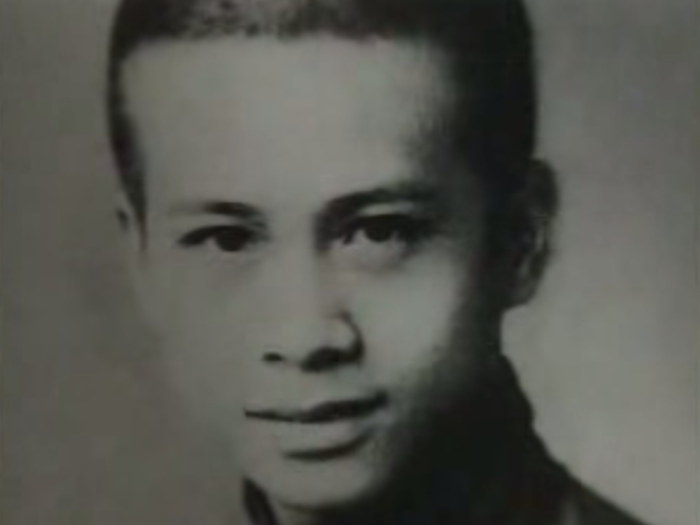
Source: Business Insider

Source: Forbes

Source: Forbes

Source: Business Insider

Source: The Telegraph, Evan Carmichael

Source: Forbes

Source: Forbes

Source: Forbes

Source: Business Insider

Source: Business Insider

Source: Forbes

Source: Forbes

Source: Forbes

Source: Business Insider, Forbes

Source: Business Insider

Source: Business Insider, Forbes

Source: Business Insider

 Scientists think they’ve spotted 60 potential alien power plants in the Milky Way!
Scientists think they’ve spotted 60 potential alien power plants in the Milky Way!
 Bread, butter, milk-based health drinks, cooking oils classified as ultra-processed food, ICMR advises restriction
Bread, butter, milk-based health drinks, cooking oils classified as ultra-processed food, ICMR advises restriction
 Debt, equity holders approve merger of IDFC with IDFC First Bank
Debt, equity holders approve merger of IDFC with IDFC First Bank

Copyright © 2024. Times Internet Limited. All rights reserved.For reprint rights. Times Syndication Service.